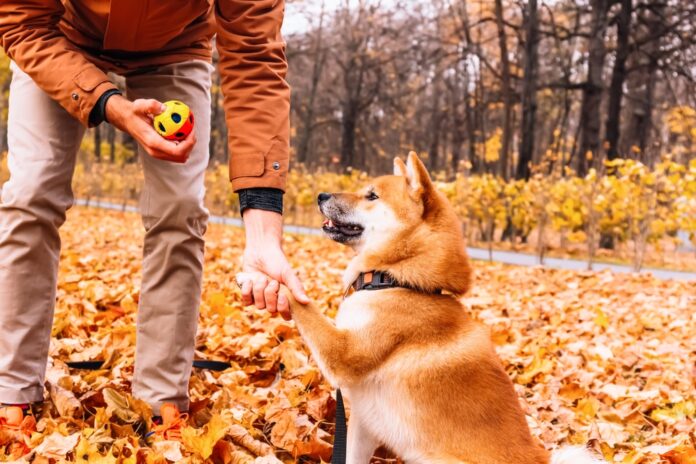Bringing a new pet into your home is an exciting journey filled with joy and companionship. Whether you’re adopting a playful puppy, a curious kitten, or an older animal in need of a loving home, training is an essential part of nurturing a healthy relationship with your new companion. The good news is that it’s never too late to train a pet, regardless of their age.
Understanding Your Pet’s Development Stages
Every pet goes through various development stages, and understanding these can help tailor your training approach effectively. Puppies, for instance, experience critical periods where socialization and positive experiences shape their future behaviors. Early socialization helps them become comfortable with different environments, people, and other animals, which is crucial for their overall well-being.
Older pets, on the other hand, might have established habits or past experiences that influence their behavior. But with patience and the right techniques, even mature pets can learn new tricks and adapt to new routines.
The Power of Positive Reinforcement
One of the most effective training methods for pets of any age is positive reinforcement. This involves rewarding desired behaviors to encourage their repetition. Treats, praise, and affection are excellent motivators for pets. By focusing on rewarding good behavior, you create a positive association that makes learning enjoyable for your pet.
Consistent use of positive reinforcement can help address various behaviors, from basic commands like “sit” and “stay” to more complex tricks. It’s also beneficial in redirecting unwanted behaviors without resorting to punishment.
Consistency Is Key
Training requires consistency to be effective. Establishing a routine helps your pet understand what is expected of them. Regular feeding times, scheduled walks, and set training sessions provide structure. Pets thrive on routine, and consistent training sessions reinforce learning and help ingrain good behaviors.
Remember that every pet learns at their own pace. Patience and understanding go a long way in ensuring successful training. Celebrate small victories and remain persistent, even when progress seems slow.
Socialization and Mental Stimulation
Socialization is not just for puppies; pets of all ages benefit from positive interactions with other animals and people. Exposing your pet to different environments, sounds, and experiences helps reduce anxiety and promotes adaptability.
Mental stimulation is equally important. Engage your pet with toys, puzzles, and interactive games that challenge their mind. Mental exercise can reduce behavioral issues stemming from boredom and keeps your pet happy and engaged.
Tailoring Training to Your Pet’s Needs
Every pet is unique, with their own personality and traits. Tailoring your training methods to suit your pet’s individual needs can enhance effectiveness. For example, some pets may be food-motivated, while others respond better to praise or play.
Understanding your pet’s natural instincts can also guide your training approach. For instance, dogs bred for herding might enjoy activities that involve chasing or fetching, which can be incorporated into training sessions.
Utilizing Professional Resources
If you find training challenging, don’t hesitate to seek professional help. Veterinarians, animal behaviorists, and professional trainers can provide guidance and support. They can offer personalized advice and techniques suitable for your pet’s specific needs.
Moreover, some pet care facilities offer training classes and socialization opportunities. These environments can provide structured learning and the chance for your pet to interact with others in a controlled setting.
Conclusion
Training a new pet is a rewarding endeavor that strengthens the bond between you and your animal companion. No matter the age of your pet, with patience, consistency, and positive reinforcement, you can teach them new behaviors and help them adapt to your home.
Remember, it’s never too late to start training. By investing time and effort, you’re setting the foundation for a happy and harmonious life together with your pet.
Sources:
- According to experts, using positive reinforcement and consistent routines are crucial in pet training. Pets thrive on routine and consistent training sessions reinforce learning.
- Socialization is essential for pets of all ages. Exposing them to various environments can reduce anxiety and promote adaptability. Training strengthens the bond between pets and their owners while improving behavior and overall wellbeing.
- Tailoring training to your pet’s individual needs can enhance effectiveness. Understanding their unique traits helps in focusing on what your dog is naturally good at.
- Regular, short training sessions are more effective, especially for young pets with short attention spans. Experts recommend short, daily training sessions beginning with basic commands.


